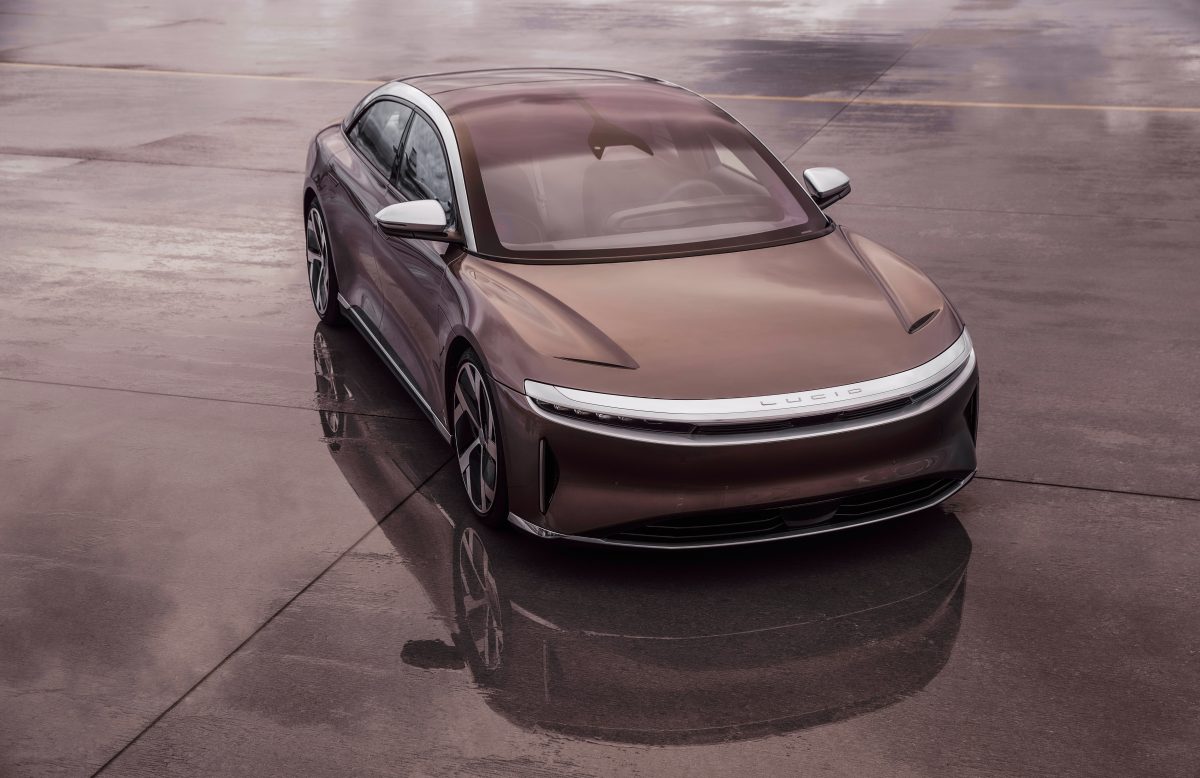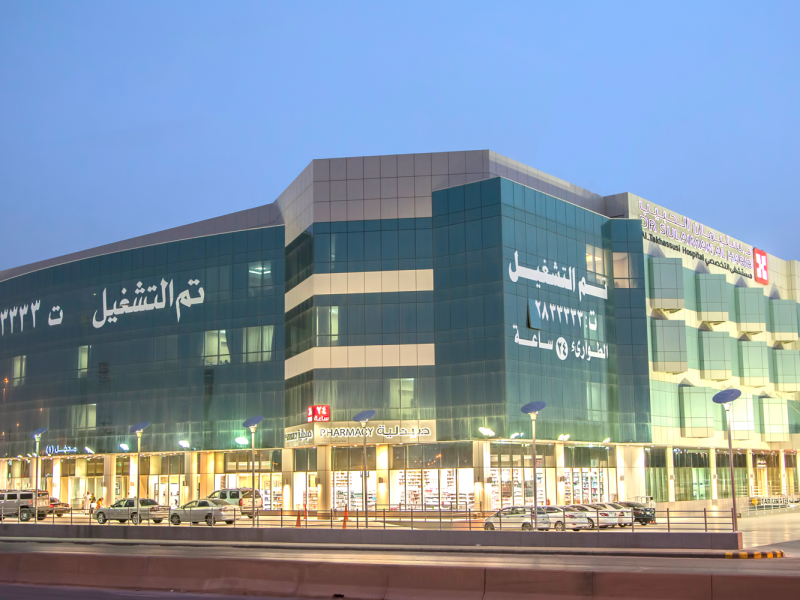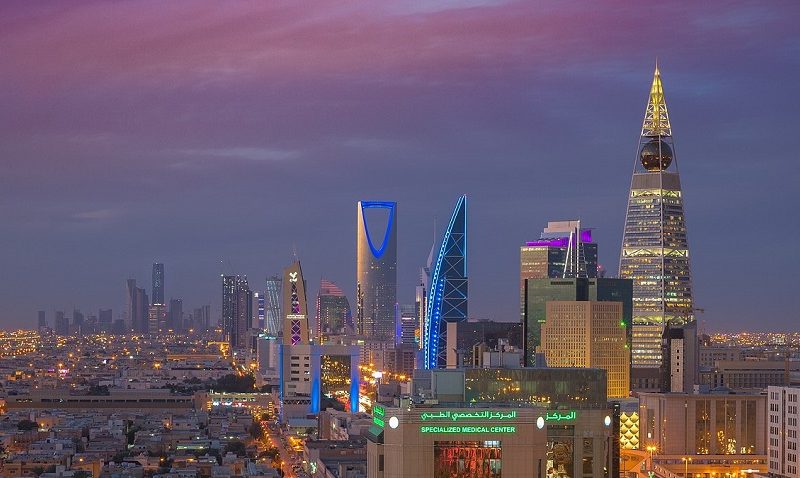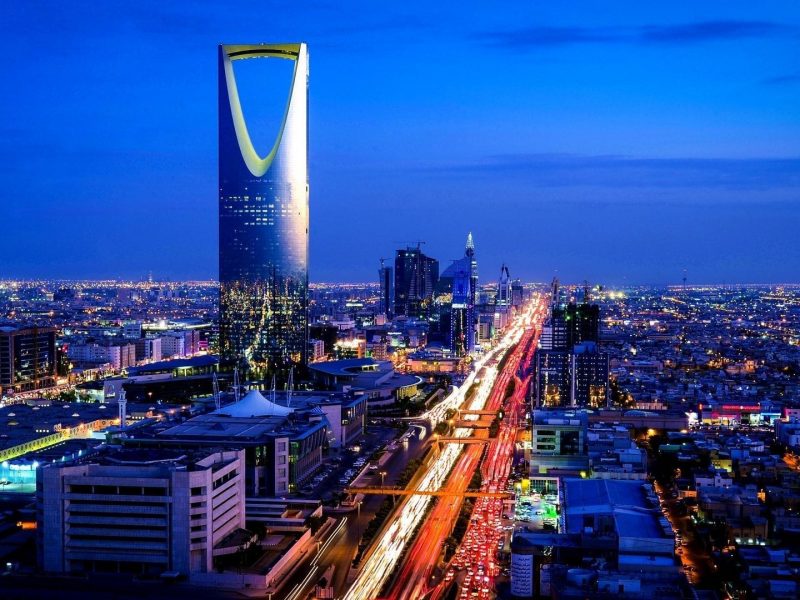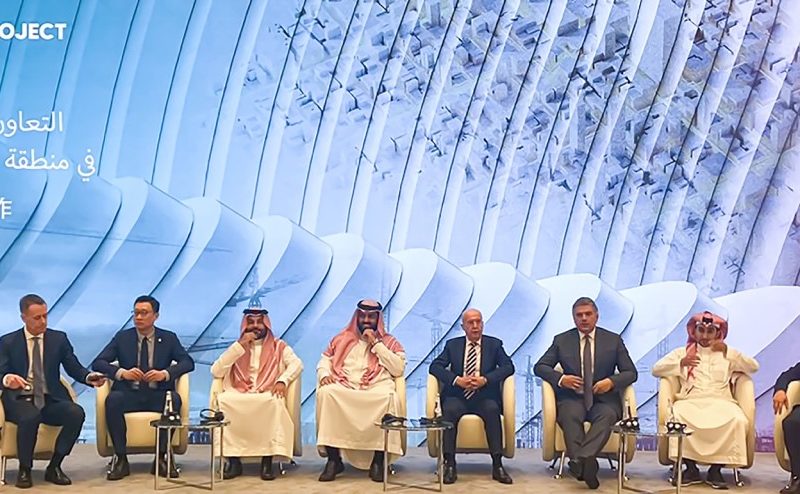Electric vehicle (EV) manufacturer Lucid Group – backed by Public Investment Fund (PIF) – is setting up its first international manufacturing plant in Saudi Arabia, as part of its long-term plan to bring advanced automotive manufacturing to the kingdom.
The company estimates that its plant in the kingdom may result in up to $3.4 billion of value to Lucid over 15 years, at its peak expects to manufacture 150,000 vehicles per year. Construction of the plant is expected to start in the first half of 2022.
US-based Lucid has signed agreements with the Ministry of Investment of Saudi Arabia (MISA), the Saudi Industrial Development Fund (SIDF), and the Economic City at King Abdullah Economic City (KAEC), as it lays the groundwork for a full production factory.
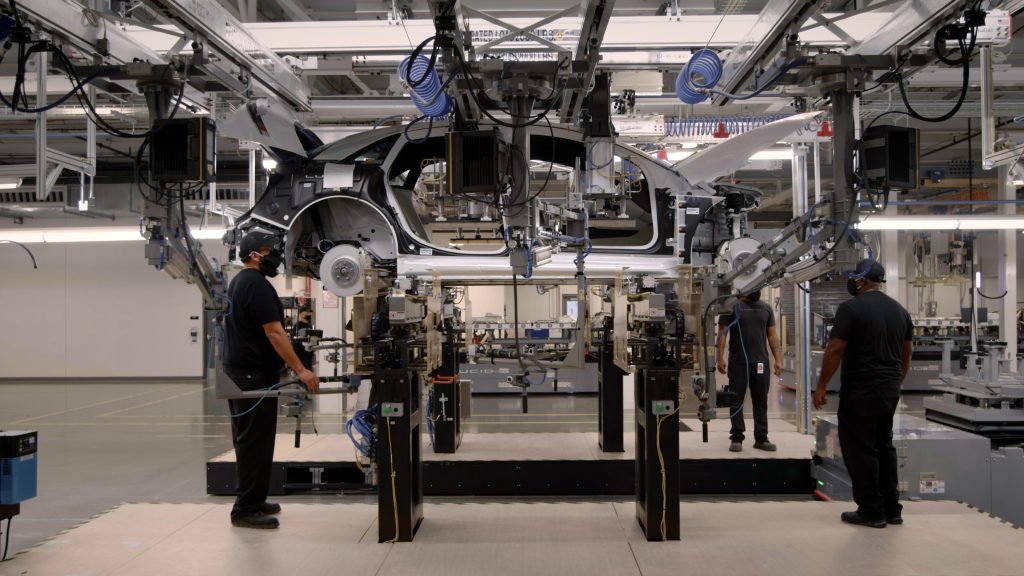
The agreements are expected to accelerate Saudi Arabia’s strategic goal to transform and diversify its economy through the development of sustainable energy and transportation, the company stated. It added that the facility will bring several thousand high-skilled jobs to Saudi Arabia, creating diverse job opportunities and supporting skills development for the region.
Lucid Group’s CEO and CTO Peter Rawlinson, said: “Establishing a global manufacturing footprint is a practical, natural step and enables us to grow our brand, scale our business, and address worldwide and untapped market demand on an entirely new level, while also taking action to address climate change through inspiring sustainable transportation.”
“Our strong relationships with the PIF and our partners at MISA, KAEC, and SIDF also give us unique insight into the demand for luxury cars and SUVs in Saudi Arabia and beyond, and we are thrilled to introduce the world’s most advanced electric vehicles to more global markets,” he added.
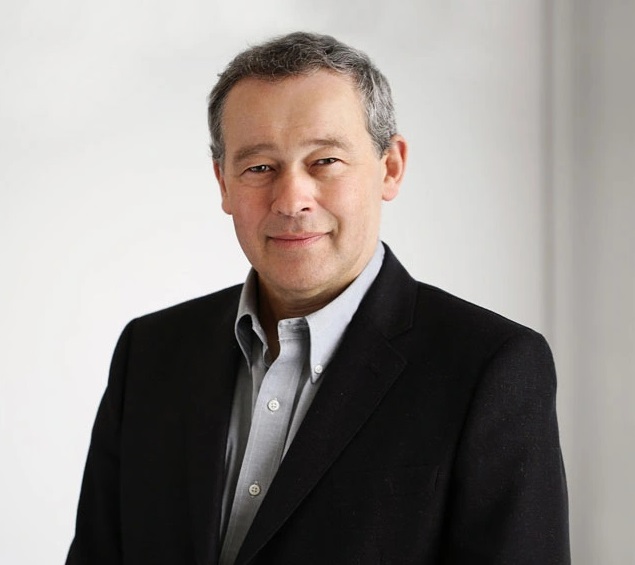
Lucid’s new manufacturing hub will be fully owned by the company and will enable it to meet the growing international demand for luxury electric vehicles, the company said. The firm also expects to benefit from the availability of “competitively-priced commodities and energy and a newly emerging domestic supply chain, and a factory location that facilitates global logistics.”
“This project demonstrates the confidence investors have in Saudi Arabia’s competitiveness, its ability to create opportunity and serve global demand for a highly complex product such as electric vehicles,” said HE Khalid Al-Falih, Minister of Investment of Saudi Arabia.
Meanwhile, HE Bandar Alkhorayef, Saudi Arabia’s Minister of Industry and Mineral Resources and Chairman of SIDF, said: “We are proud to partner with Lucid to enable this new industry in Saudi Arabia, which is one of the future’s most complex and technology-dependent industries, and a major contributor to the supply chain development of other related industries that intersect with auto manufacturing.”
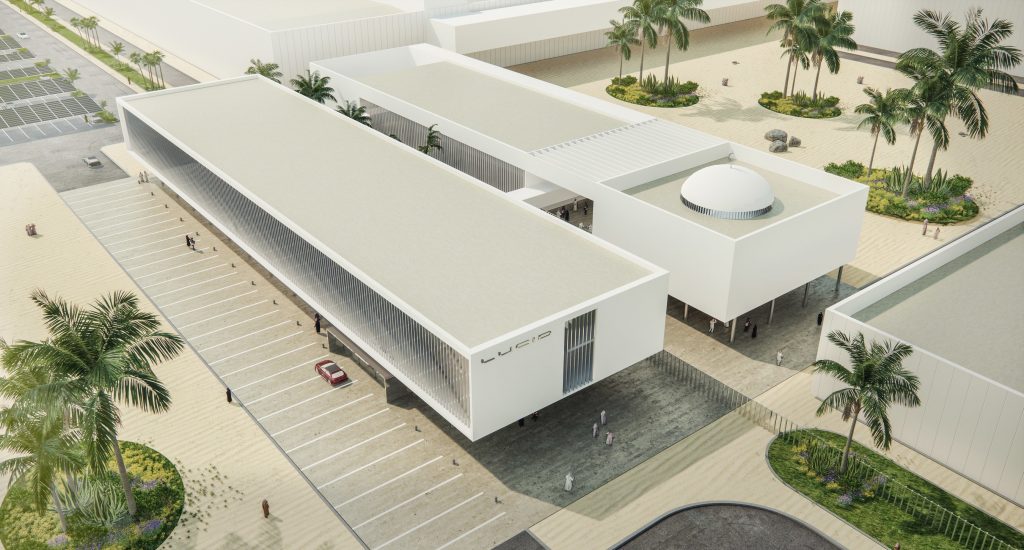
Lucid’s US AMP-1 facility
The luxury EV maker has a U.S. AMP-1 (advanced manufacturing plant) manufacturing facility in Casa Grande, Arizona, which, officially has completed phase one in less than a year since it broke ground in 2019. The 590-acre site, according to Lucid, was designed with a “Future Ready” focus that will allow the firm to expand the site.
Lucid has stated that four phases are planned through 2028, and the factory will expand from the existing 999,000 ft2 to 5.1 mn ft2. Compared to the new plant in Saudi Arabia, the AMP-1 will have the capacity to produce 400,000 EV annually. It has already commenced the second phase of construction, and will add 2.85 mn ft2 of space to the existing AMP-1 plant.
Vehicles – manufactured at the KSA plant – in the initial phase will be slated for the market in Saudi Arabia, but the company plans to export finished vehicles to other global markets.
Lucid’s AMP-1 in Arizona will continue to serve as the company’s central manufacturing hub, with the Lucid Production System and other manufacturing technologies refined in the US before deployment at other factory sites.
The company expects that “production capacity in Arizona and Saudi Arabia will exceed 500,000 vehicles per year in aggregate when each facility reaches its target capacity.”

